News & Announcements
- Details
- Written by Joshua Wachtel
Lynette Parker has written up a nice concise piece about her recent trip to Bulgaria. Parker works with Prison Fellowship national organizations in the development of justice reform initiatives and programs. She writes:
The guiding philosophy behind the project is that children and their families are capable of solving their own problems and all those affected by a crime or harmful behaviour should be included in the response. It incorporates various services such as mentoring, support groups for parents of at-risk children, counselling, and restorative conferencing – both with victims and to address family issues.
Considering the role of the entire community in responding to the needs of at-risk youth, PF Bulgaria created a civil network of 16 different organisations and various individuals interested in working with young people. ... The idea is that positively involving community members and organisations in the lives of juveniles will create stronger connections and lead to a more restorative community.
Read the full piece, "Alternatives for Juveniles in Bulgaria," here
- Details
- Written by Joshua Wachtel
Update (Sept 30, 2011): Dates of the conference have been changed to November 7 - 10 to accommodate a scheduling conflict at the training site.

IIRP Canada offers its Fall Institute from November 7 - 10, 2011 in Port Hope, Ontario. IIRP conducts similar four-day events throughout the world. The first day is an introduction to the Restorative Practices Framework, the second a workshop on using circles effectively and the third and fourth days comprise a training to learn to facilitate restorative conferences. One of the nice things about this four-day event is that while it attracts many people who work in schools, from administrators to teachers and counselors, the concepts can easily be applied and adapted in a wide variety of settings, including residential facilities, community programs, workplaces and in work with families.
- Details
- Written by Joshua Wachtel
 RJC Launches Practitioners RegisterThis is exciting news from the UK – the creation of a register for restorative practitioners and the launching of a quality control structure. The Restorative Justice Council (RJC) "Practitioner Register" for the first time gives restorative practitioners professional recognition for their work. It has a very broad focus, open to practitioners in education, social care, criminal justice and community-based agencies as well as practitioners using these skills in their workplace. Based on the national occupational standards, the Practitioner Register for the first time provides a truly national framework for quality assurance for this field.
RJC Launches Practitioners RegisterThis is exciting news from the UK – the creation of a register for restorative practitioners and the launching of a quality control structure. The Restorative Justice Council (RJC) "Practitioner Register" for the first time gives restorative practitioners professional recognition for their work. It has a very broad focus, open to practitioners in education, social care, criminal justice and community-based agencies as well as practitioners using these skills in their workplace. Based on the national occupational standards, the Practitioner Register for the first time provides a truly national framework for quality assurance for this field.
Crispin Blunt, Secretary of State for Justice, speaking to practitioners at the launch event commented, "Practitioner registration is essential in building public confidence in restorative justice and providing anyone considering participation in restorative justice with a transparent check on whether the person working with them is qualified to do so." He added, "The public deserve the reassurance that this register will provide and as a society we need the best restorative practice that you have to offer."
- Details
- Written by John Bailie
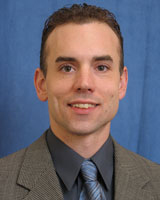 I want to let everyone know about two exciting events coming up this fall at the IIRP’s main campus in Bethlehem.
I want to let everyone know about two exciting events coming up this fall at the IIRP’s main campus in Bethlehem.
Our "Fall Intensive" is a four day event and is offered on two dates:
October, 17-20 or November, 14-17:
Click here for more info and to register.
If you want to learn more about restorative practices or get others excited about this new field one of the most powerful things you can do is to the see these practices in action in real life.
- Details
- Written by Joshua Wachtel
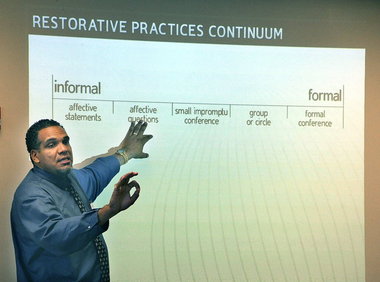 Steve Korr, IIRP trainer and consultant, training staff and teachers at Bethlehem Area School District (from the Express-Times, photo by Lisa Massey)
Steve Korr, IIRP trainer and consultant, training staff and teachers at Bethlehem Area School District (from the Express-Times, photo by Lisa Massey)
Bethlehem Area School District, which serves the city in which IIRP graduate school is based in Pennsylvania, has begun implementing the Safer Saner Schools 2-year whole school change program.
Express-Times reporter Lisa Massey has this story about the initial trainings. Some excerpts:
High school teachers, bus drivers, secretaries, administrators and other support staff converged on Freedom High School last week for an intense day of training in the concept.
- Details
- Written by Joshua Wachtel
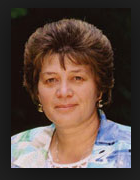 Shannon Pakura, former Chief Social Worker of New ZealandAs I begin to work on a training resource manual about Family Group Decision Making (aka Family Group Conferencing), which will be a part in the growing library of small practical book on various aspects of restorative practices IIRP publishes, I'm finding a great deal of pleasure tapping in the IIRP on-line library for source material. I was so struck by a talk by Shannon Pakura, former Chief Social Worker of New Zealand, that I thought I'd share some of it here.
Shannon Pakura, former Chief Social Worker of New ZealandAs I begin to work on a training resource manual about Family Group Decision Making (aka Family Group Conferencing), which will be a part in the growing library of small practical book on various aspects of restorative practices IIRP publishes, I'm finding a great deal of pleasure tapping in the IIRP on-line library for source material. I was so struck by a talk by Shannon Pakura, former Chief Social Worker of New Zealand, that I thought I'd share some of it here.
She starts by saying, "Historians will probably reflect on New Zealand society in the 1970s and 1980s as a time of renaissance and revolution on a number of fronts." The family group conference was one fruit of this moment, and was a response to Maori raising concerns that their children were not being treated appropriately by state social services.
- Details
- Written by Joshua Wachtel
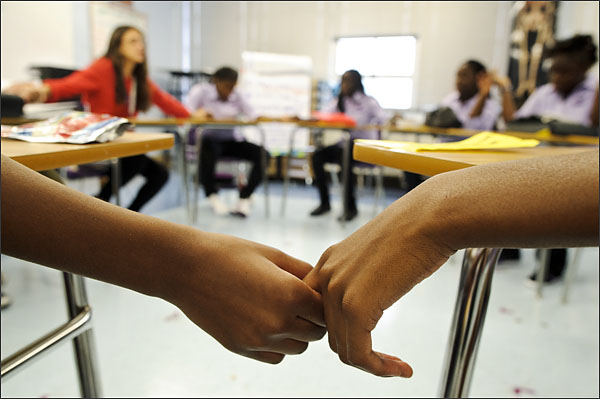 Circle Time at City Springs - photo by Matt Roth for Education Week Sarah Sparks at Education Week posted an article today about a study presented at the American Sociological Association showing that schools with more minority students are more likely to be subject to security measures developed in the criminal justice field, like metal detectors, drug sniffing dogs and full time security officers than other students, regardless of whether their neighborhoods are actually more dangerous.
Circle Time at City Springs - photo by Matt Roth for Education Week Sarah Sparks at Education Week posted an article today about a study presented at the American Sociological Association showing that schools with more minority students are more likely to be subject to security measures developed in the criminal justice field, like metal detectors, drug sniffing dogs and full time security officers than other students, regardless of whether their neighborhoods are actually more dangerous.
The article notes that while schools think these measures are helpful, some research casts doubts on whether schools that take these measures are really any safer.
- Details
- Written by Laura Mirsky
At the IIRP’s first participatory symposium: Turning The Tide: Bringing Restorative Practices to Schools, Organizations, Workplaces and Communities, 42 professionals came together to share and strategize about how to implement and sustain restorative practices in a wide range of settings. The symposium, held August 2-4, 2011, at the IIRP Graduate School in Bethlehem, Pennsylvania, USA, was also an opportunity for 14 students to earn graduate credit, doing additional online work.
Five keynote speakers presented — all restorative practices implementation leaders — each inspiring lively discussion. Participants contributed input regarding the remainder of the agenda, in what IIRP president Ted Wachtel called a self-organizing “open space technology conference.”
The first keynote speaker, Joseph Roy, is superintendent of the Bethlehem Area School District (15,000 students in 22 schools), which is planning to implement restorative practices district wide beginning with two large high schools in fall 2011.
- Details
- Written by Joshua Wachtel
Laura Mirsky passed this article along to me the other day. It discusses a study which perhaps should be obvious, that schools with higher bullying rates had lower academic test scores for students than schools where bullying rates were lower. Jeannine Stein in the Los Angeles Times / For the Booster shots blog writes:
Bullying can affect a student's academic performance, but a school's bullying climate may be linked with lower overall test scores, a study finds.
The study, presented recently at the American Psychological Assn.'s recent annual convention in Washington, D.C., surveyed 7,304 ninth-grade students and 2,918 teachers who were randomly chosen from 284 high schools in Virginia. Students and teachers were asked about incidents of bullying and teasing at the school. ...
In schools that had a more intense bullying atmosphere, passing rates on standardized tests in such subjects as algebra, Earth science and world history were 3% to 6% lower.
EdWeek also reposted the article, and there are some useful comments there. The thing that comes to mind for me is that there's more than just the intrinsic value of attending or working in a school where the climate encourages children to be nicer to one another. There's a functional reason for this, too. It improves individual performance and it also improves group performance. These are some of the concerns restorative practices attempts to address in schools.
- Details
- Written by Joshua Wachtel
Since I hadn't actually been in Halifax for the International Conference in June, I passed along my blog entry about John Braithwaite's keynote to a few people who had been there, including Terry O'Connell. Terry happened to be at the Singapore Conference with Braithwaite when I emailed him so he showed John my post which I had derived from a PDF outline which is now posted on the IIRP web site. According to Terry, Braithwaite replied by saying that "whilst his name is John that he is not prepared to admit to being the 'John' who spoke at Halifax." He also asked that I say that the he spoke "very generally about the points mentioned." (Terry added that "they had a nice long laugh" at my expense - so some good seems to have come of it.)
Since I don't know that anyone recorded or videotaped the address, it looks like we won't know exactly what John did say. But I'd like to make up for it by posting a two part lecture of John speaking about restorative justice. Here he discusses the basic principles of RJ, the very first restorative conference he attended as well as some features of restorative justice as applied in armed conflict and the peace building project he is currently working on.
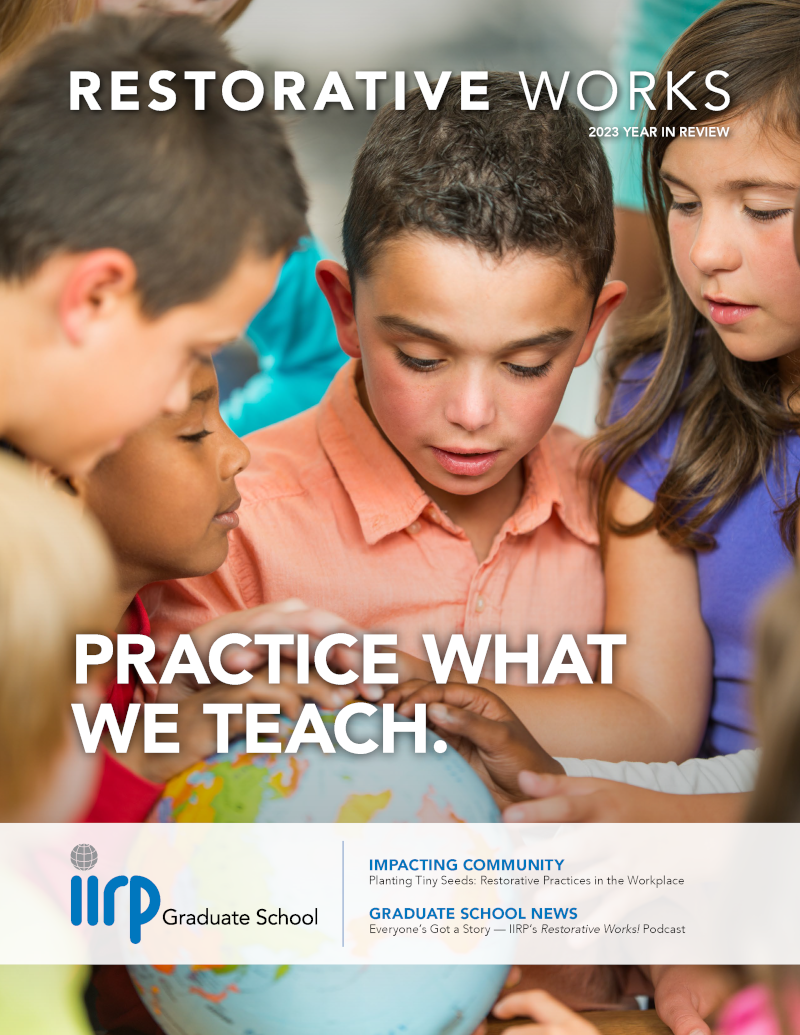
Restorative Works Year in Review 2023 (PDF)
All our donors are acknowledged annually in Restorative Works.
